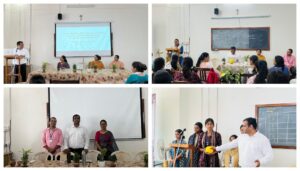
Patna: The National Human Rights Commission (NHRC) has issued an urgent directive to the Chief Secretaries of 11 Indian states, including Bihar, calling for immediate measures to protect vulnerable groups from the escalating risks of extreme heat.
In an official letter, the NHRC has highlighted the mounting threat posed by heatwaves, particularly to daily wage labourers, children, the elderly, and the homeless. Citing data from the National Crime Records Bureau (NCRB), the commission noted that 3,798 people died due to heat-related causes between 2018 and 2022.
The NHRC has called for the establishment of temporary shelters, distribution of relief supplies, and the revision of outdoor working hours to safeguard those most at risk. States have also been asked to report on the availability and implementation of standard medical protocols for treating heat-related illnesses.
Bihar, which has experienced below-average rainfall in recent years, remains particularly vulnerable. Though this year’s conditions have been relatively stable so far, the peak summer months of May and June are expected to bring intense heat.
The state also faces a recurring public health emergency in the form of Acute Encephalitis Syndrome (AES), a seasonal illness that has claimed thousands of young lives in Muzaffarpur and nearby districts. Despite ongoing investigations, the exact cause and treatment for AES remain elusive.
Public health experts say proactive steps by the NHRC could prompt much-needed state-level preparedness. For heat- and climate-sensitive regions like Bihar, the directive offers a timely opportunity to strengthen infrastructure and public awareness to prevent further loss of life.





